As many as 428,881 babies have been screened for metabolic and endocrine disorders under the Qatar Newborn Screening Programme in its two decades since 2003, a statement from Hamad Medical Corporation's (HMC) Women’s Wellness and Research Center (WWRC) said on Wednesday.
The screening was for diseases that could cause growth failure, delayed learning, and permanent intellectual disabilities. Babies found with endocrine or congenital diseases have been successfully managed with most of the children leading a healthy life. The number of disorders being screened for have increased over the years and have reached 72.
“Newborn screening is the most successful preventive healthcare programme in Qatar, and we are very proud of our achievement so far in this past 20 years," stated Dr Hilal Amin al-Rifai, CEO and medical director of WWRC and director of Qatar Newborn Screening Programme.
"Babies are screened within 36 to 72 hours after birth for vision, hearing, metabolic and endocrine diseases. The heel prick test to collect blood samples from the newborn’s foot allows treatment before a disease or disorder progresses. So, early treatment of newborn diseases could prevent death, mental retardation, or physical disability,” he explained.
According to him, over the years under the programme, several workshops, conferences, and scientific meetings attended by international delegates and from the Middle East have been organised. The programme is internationally renowned with its world class research publications.
The hi-tech HMC Metabolic Laboratory led by Dr Einas al-Kuwari has key personnel including Dr Mamatha Ramaswamy, senior consultant from the Department of Laboratory Medicine and Pathology and Dr Osama al-Dirbashi, senior consultant and clinical scientist, Department of Laboratory Medicine and Pathology.
The laboratory works closely with Newborn Screening Unit and specialty clinicians. Expansion continued over the years to include core conditions such as homocystinuria and hemoglobinopathies. As diagnostic testing is crucial for the success of the Newborn Screening service, several highly complex assays were developed in-house for confirmation, diagnosis and monitoring of patients with inborn errors of metabolism. The Metabolic Laboratory continues to expand to include esoteric tests.
Dr Tawfeg Ben Omran, senior consultant, Department of Medical Genetics and the lead of the Metabolic Treatment team that includes Dr Noora Shahbeck and Dr Rehab Ali Abdulrahman, said the team is providing a comprehensive state-of-the-art management to all newborns identified through the screening programme as well as offering regular follow up and genetic counseling to the families including future reproductive plans. It also provides continuous education to the families both at the time of the initial diagnosis and beyond, he said.
Dr Ghassan Abdoh, head of the Newborn Screening Unit (NSU) said the unit provides teaching materials and workflow charts, guidelines and protocols, training and retraining to all the staff involved in HMC and private hospitals.
The NSU's activities include adding (or removing) new disorders to the screening panel to be in line with the international benchmarks and screening panels and introducing new modalities such as genetic screening through collaboration with other establishments including HMC screening laboratory, Qatar Biobank, Sidra Medicine, Qatar Metabolic Genetic Center and in Germany - Heidelberg University’s Children Hospital Metabolic Genetic Department and Newborn Screening Center.
“Babies born with endocrine or congenital diseases look healthy and normal at birth but over time if not treated, they can develop growth failure, have delayed learning and permanent intellectual disabilities. Babies who receive treatment after the test and follow up their appointments grow up well and healthy,” added Dr al-Rifai.
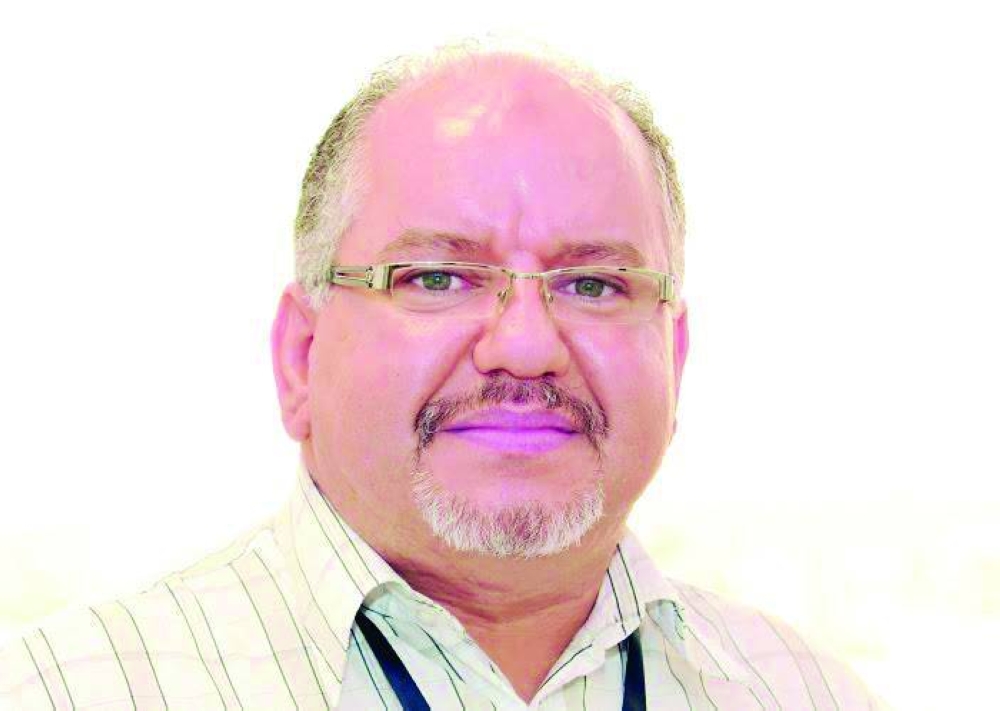
Dr Tawfeg Ben Omran
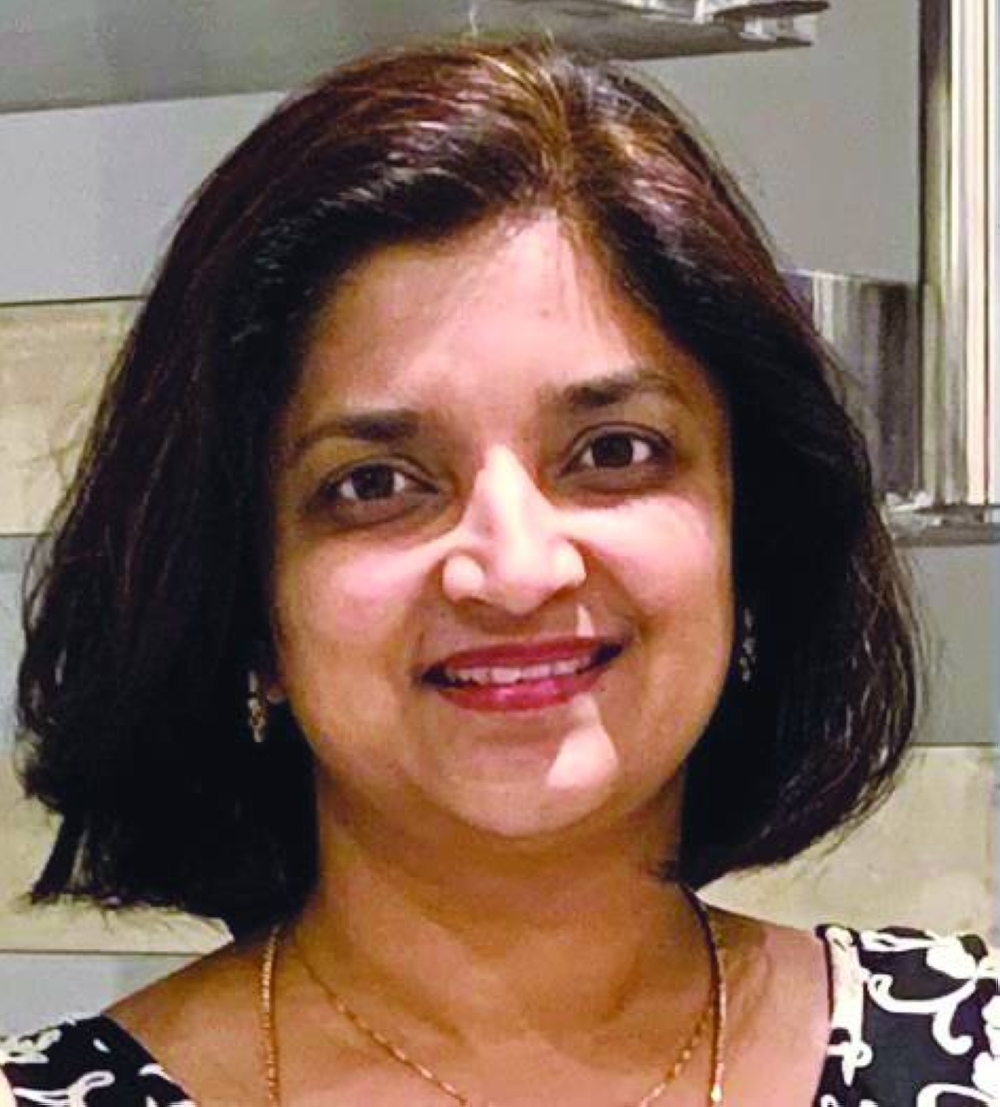
Dr Mamatha Ramaswamy
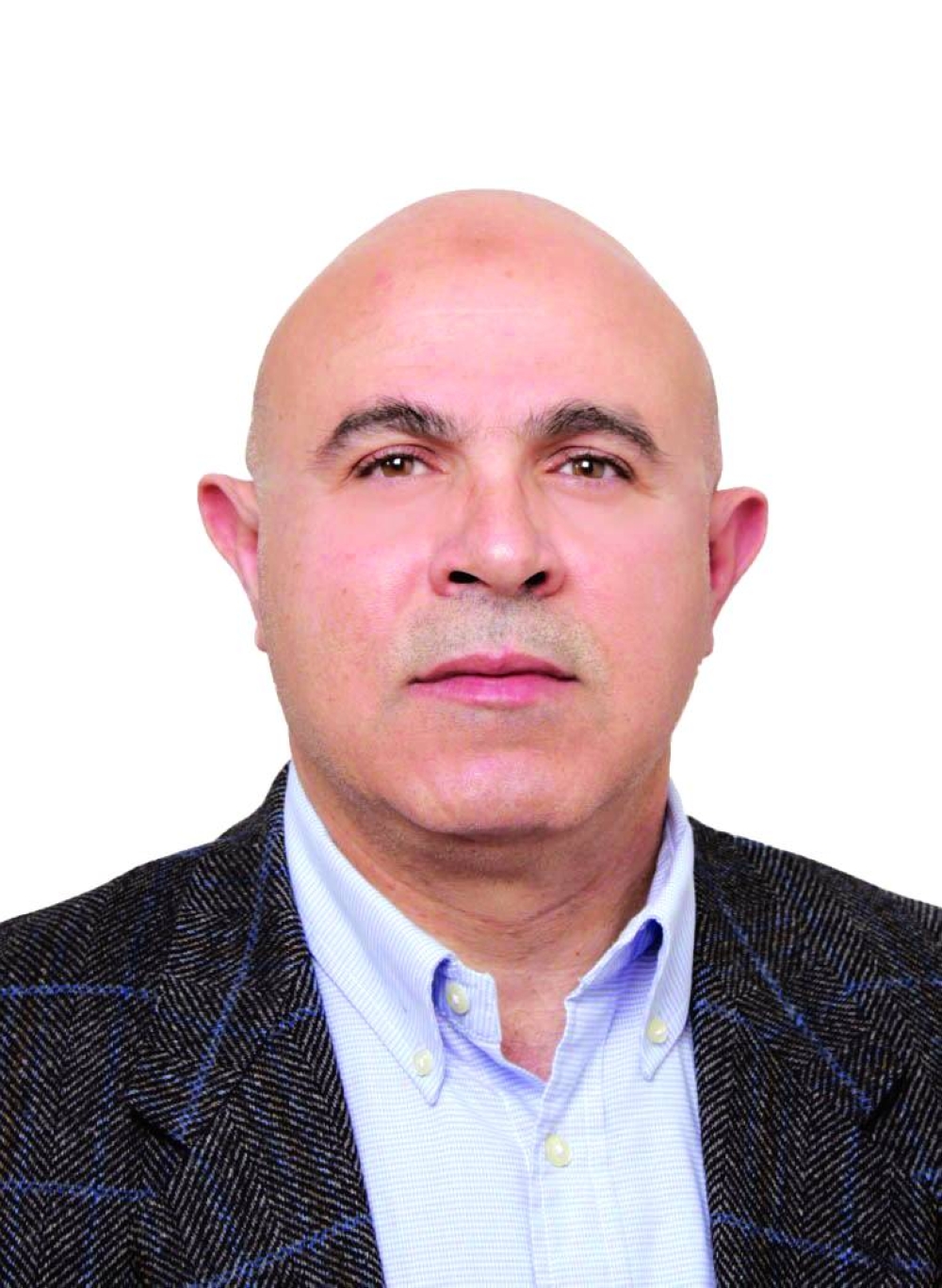
Dr Osama al-Dirbashi
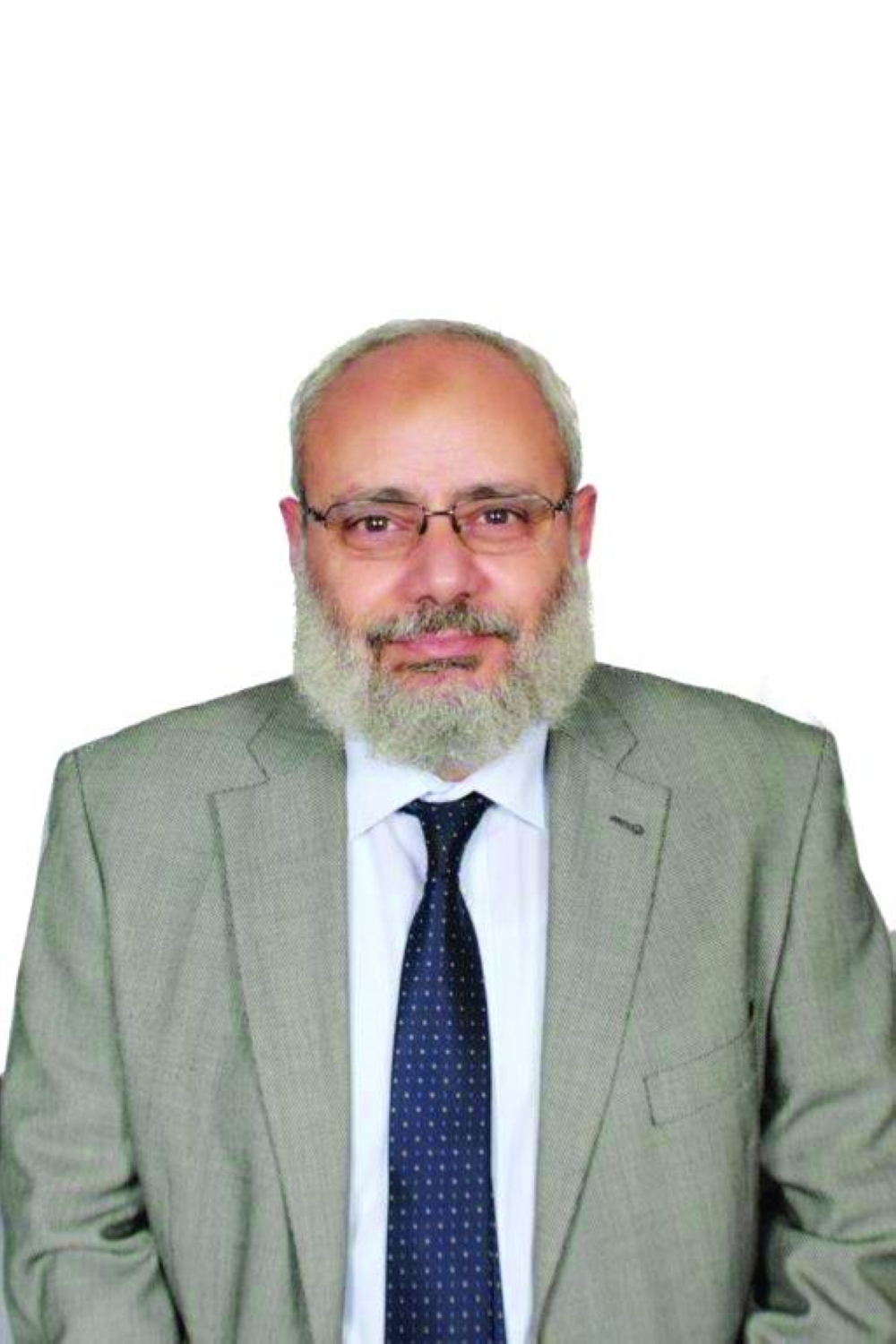
Dr Ghassan Abdoh
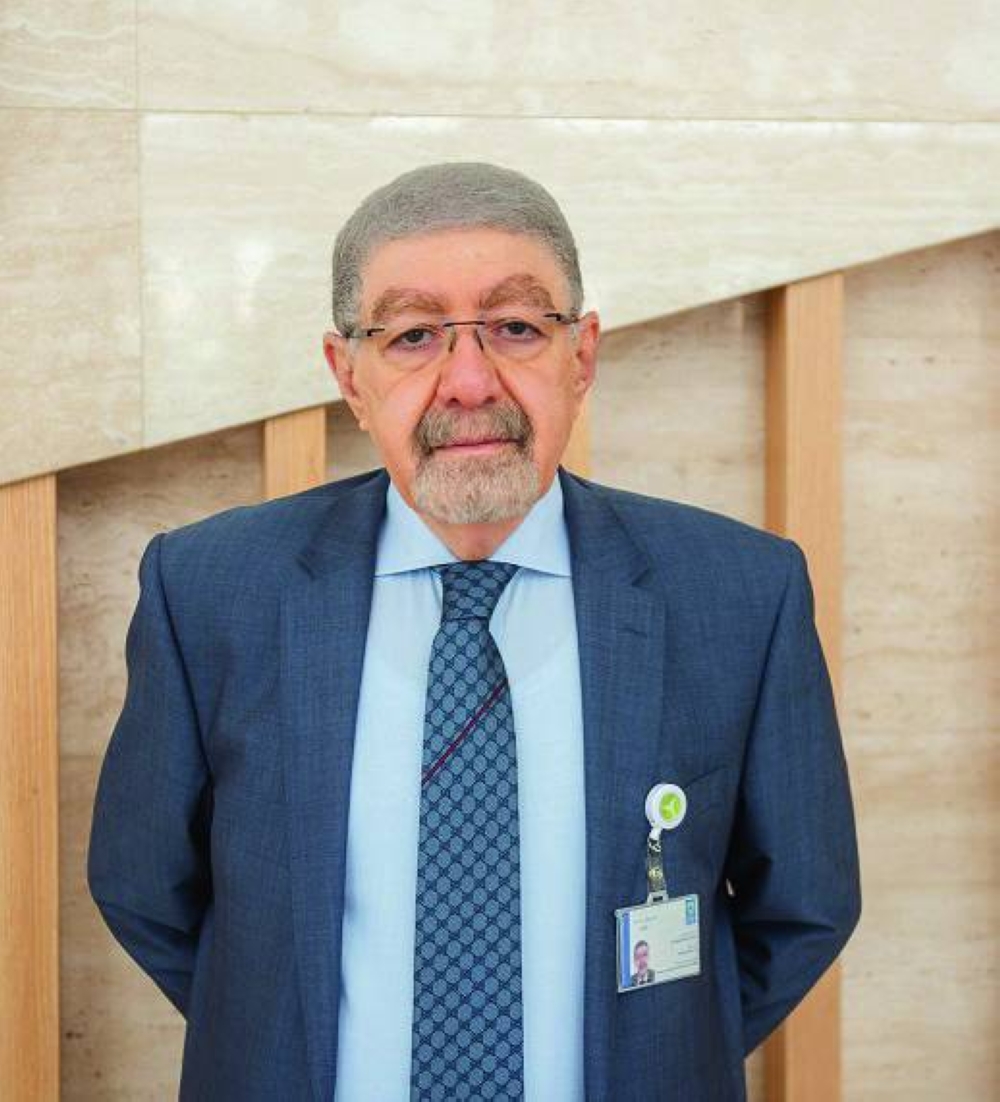
Dr Hilal Amin al-Rifai
